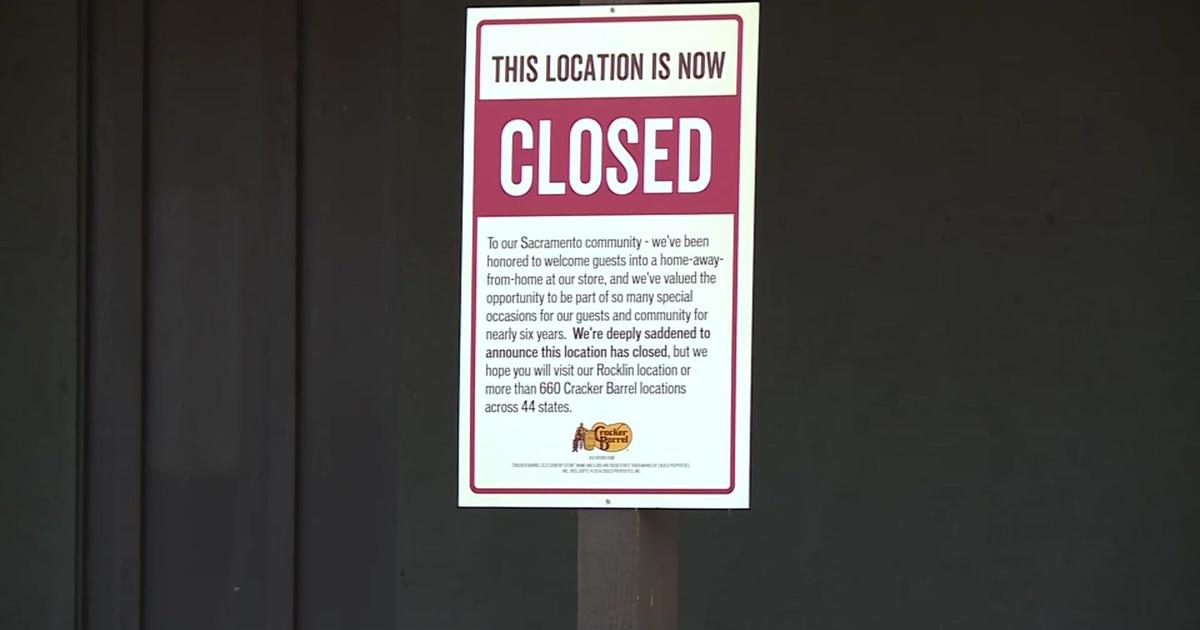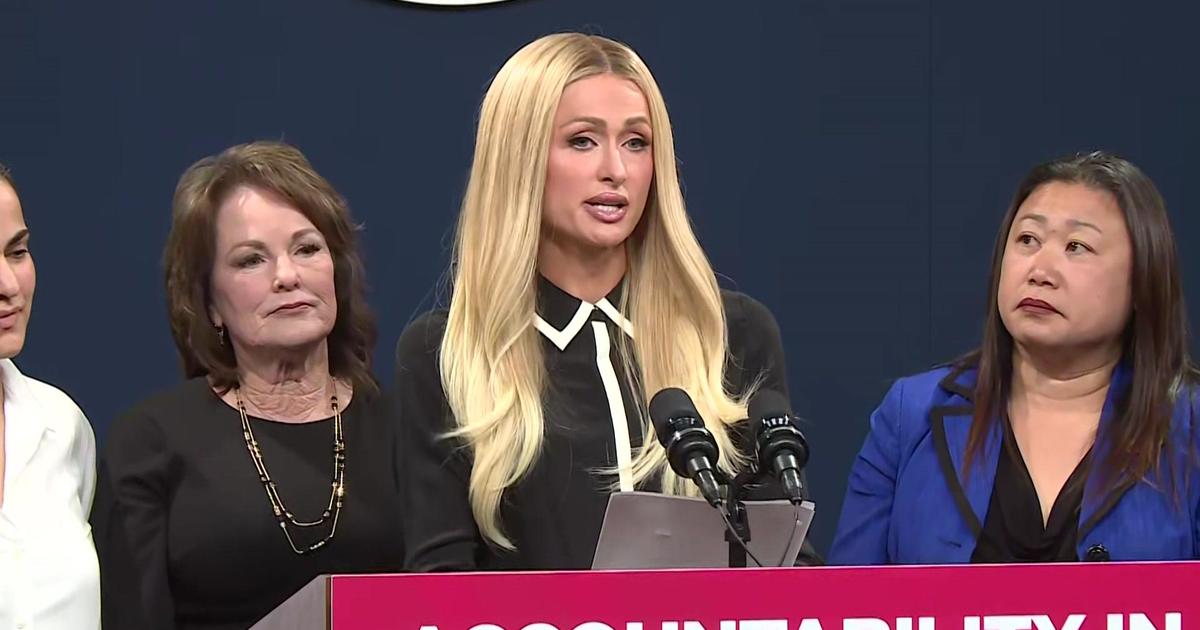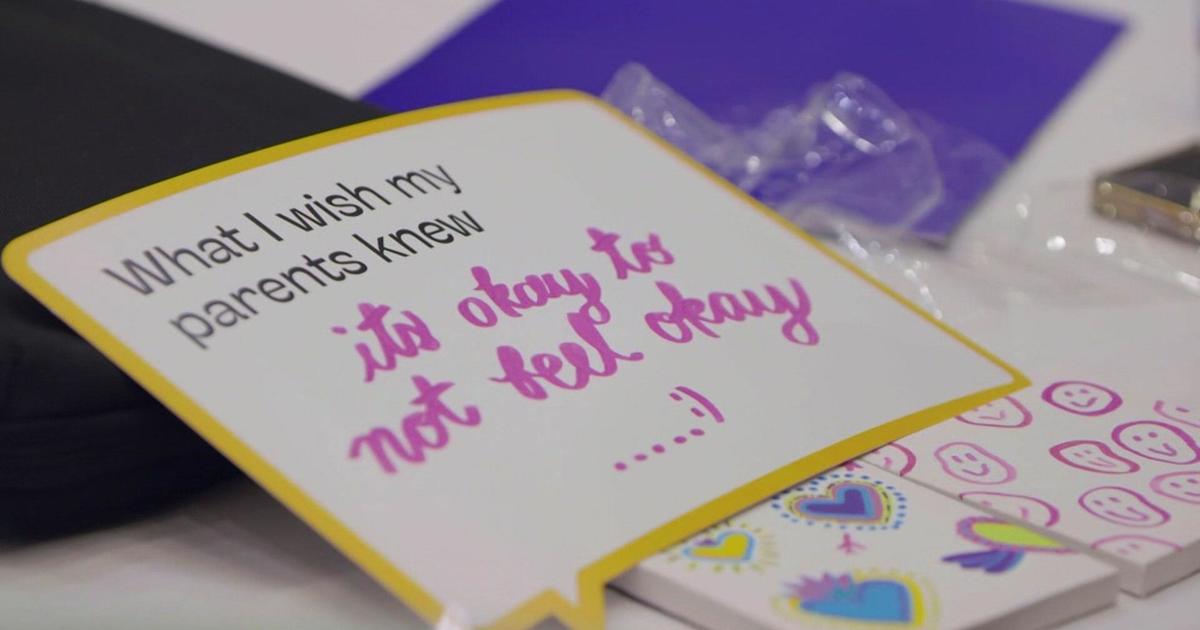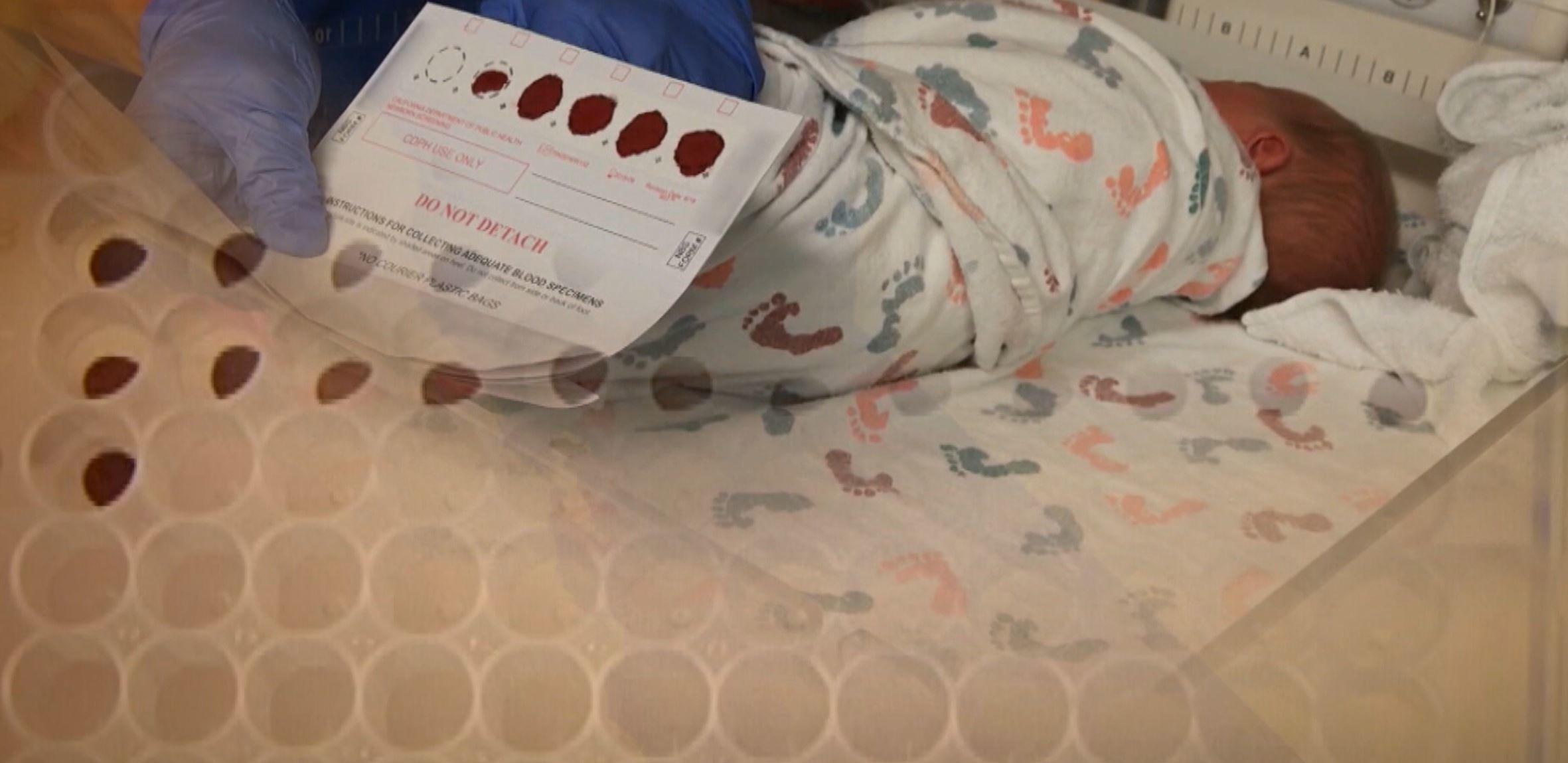SeaWorld Banned From Breeding Captive Orcas
LONG BEACH, Calif. (AP) - The California Coastal Commission approved a $100 million expansion of the tanks SeaWorld uses to hold killer whales in San Diego - but it banned breeding of the captive orcas that would live in them.
Animal rights activists praised Thursday's decision as a death blow to the use of killer whales at the California ocean park.
The vote "ensures that no more orcas will be condemned to a nonlife of loneliness, deprivation and misery," said a statement from People from the Ethical Treatment of Animals.
"These 11 orcas would be the last 11 orcas there," PETA lawyer Jared Goodman said after the meeting, referring to the whales at the California marine park.
The last-minute amendment would ban breeding of captive orcas, including through artificial insemination, at the California park but not at SeaWorld facilities in other states.
It also prohibits the sale, trade or transfer of captive orcas. The amendment does provide a potential exemption for certain whales caught in the wild but it wasn't immediately clear whether that applied to any of the orcas at the San Diego park.
In a statement, SeaWorld said it was disappointed by the conditions attached to the approval of its "Blue World" expansion, set to open in 2018, which would triple the size of existing killer whale enclosures.
"Breeding is a natural, fundamental and important part of an animal's life and depriving a social animal of the right to reproduce is inhumane," the park said.
The panel's decision raised an array of questions, including whether the company would proceed with the project or raise a legal challenge, possibly on whether the commission overstepped its authority. SeaWorld said it was considering its options.
The vote followed a daylong hearing during which dozens of speakers argued for and against expansion. Although the permit involved a request to expand tank space, the discussion evolved into a wide-ranging debate over the conditions in captivity for the huge marine mammals, including breeding and the use of pharmaceuticals.
The commission that regulates land and water use along the California coast attached several conditions to the approval, including that no new whales from the wild will be kept there. SeaWorld says it hasn't captured wild orcas in more than 30 years.
Attendance at the California park has declined since the release of the population documentary "Blackfish" in 2013, which suggests SeaWorld's treatment of captive orcas provokes violent behavior. The company's stock price also has dropped over the past two years.
At the meeting, SeaWorld veterinarian Hendrik Nollens disputed what he called "outlandish accusations" from critics of the park. The whales are enriched and stimulated, he said, not stressed or depressed.
"We care for these animals as if they were family," Nollens told the panel. "We have nothing but the whales' best interest at heart."
Animal rights activists said the new tanks would only lead to more captivity for orcas.
John Hargrove, a former SeaWorld trainer in California and Texas who has written a book about his experiences and appeared in the "Blackfish" film, said whales are heavily medicated and family structures that define life in the wild are broken.
The whales gnaw the edges of their pools, breaking or wearing teeth, and inbreeding has created "hybrid orcas who have no true social identity," he said.
About 500 people filled the meeting room to capacity, roughly divided between SeaWorld supporters wearing blue and white shirts and holding signs saying, "Educate, Inspire, Conserve," and critics waving signs saying "Vote no on SeaWorld Tanks" and "SeaWorld hurts Orcas."
Coastal Commissioner Gregory Cox, who favored the expansion, said it would be a good thing to increase the size of the orcas' habitat.
But Commissioner Dayna Bochco, who brought up the no-breeding amendment, said she agreed with scientists who believe that the killer whales are suffering in captivity.
"They don't belong in captivity," she said.
Under the expansion, SeaWorld would demolish portions of a 1995 facility that included a 1.7-million gallon pool and replace it with a 5.2-million gallon tank and 450,000-gallon pool.
The Orlando, Florida-based company had said the orca population at the San Diego facility would not significantly increase due to the "Blue World" project.
Copyright 2015 The Associated Press.



